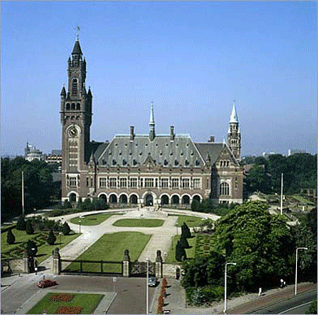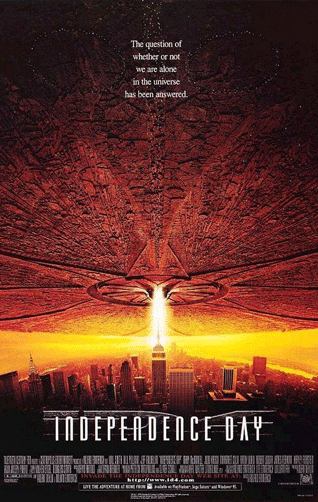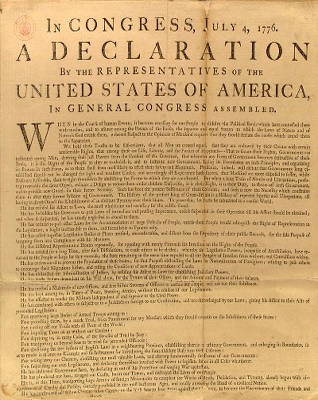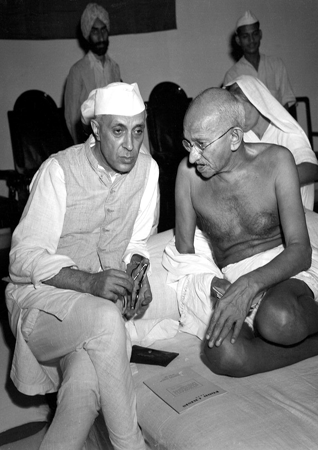
Above: The International Court of Justice, The Hague. Below - images from a variety of 'separatist' movements, imagined and real.



Current Events
U.N.'s Top Court Rules Kosovo's Independence Was Lawful
REUTERS
The following decision of The International Court of Justice will need to be studied by all who oppose independence and separatist movements around the world, or aspire for greater autonomy - including those who oppose or support such aspirations on the sub-continent.
The Hague
Kosovo's unilateral secession from Serbia in 2008 did not violate international law, the World Court said on Thursday, July 23, 2010, a decision with implications for separatist movements everywhere.
The non-binding, but clear-cut ruling by the International Court of Justice - a major blow to Serbia - is likely to lead to more states recognizing Kosovo and move the Albanian dominated province closer to entry into the United Nations.
It may also embolden breakaway regions in other countries including neighboring former Yugoslav republic Bosnia to seek more autonomy.
"The court considers that general international law contains no applicable prohibition of declaration of independence," Judge Hisashi Owada, president of the ICJ, said in the clear majority ruling delivered in a cavernous hall at the Hague-based ICJ.
"Accordingly it concludes that the declaration of independence of the 17th of February 2008 did not violate general international law."
Serbian President Boris Tadic insisted Kosovo remained part of Serbia, which, alongside the unequivocal nature of the ruling, threw confusion over its path toward membership of the the European Union.
"Serbia will never recognize the unilaterally proclaimed independence of Kosovo," Tadic said.
News of the court's decision prompted celebrations in the Kosovo capital Pristina, where people drove through the streets waving Kosovo, U.S. and British flags and shouting "USA, USA!."
Kosovo Foreign minister Skender Hyseni said the ruling would compel Serbia to deal with it as a sovereign state.
"I expect Serbia to turn and come to us, to talk with us on so many issues of mutual interest, of mutual importance," Hyseni told Reuters. "But such talks can only take place as talks between sovereign states."
In the flashpoint northern Kosovo town of Mitrovica, Albanians fired bullets in the air and let off firecrackers while Serbs gathered in their part of town and international forces blocked bridges across the river dividing the two sides.
In Serbia the Orthodox Church, which has deep roots in Kosovo, rang bells and led prayers.
Serbia's dinar currency hit all-time lows, forcing the central bank to intervene for a second day in a row.
CLEAR RULING, CLEAR OPPOSING SIDES
Serbia lost control over Kosovo in 1999 when a 78-day NATO bombing campaign ended a two-year war between Serbia and ethnic Kosovo Albanians, and put in place a U.N. administration and a NATO-monitored ceasefire.
Russia and the United States offered starkly different reactions to the ruling in a reminder of cold war tensions and highlighting the risk of a continued impasse in the troubled region, one of the poorest corners of Europe.
Analysts said the ruling left little room for doubt.
"I don't think anyone was expecting that. It is a clear, strong and unambiguous statement in favor of Kosovo's independence," said Marko Prelec of think tank International Crisis Group.
"It will strengthen Kosovo's position vis a vis Serbia in the international scenes and weaken Serbia's position. There will be many more recognitions now."
The United States and most other Western states recognized Kosovo's February 2008 declaration of independence but Serbia rejected it, as did its ally Russia.
Russia's Foreign Ministry said the court's decision did not provide a legal basis for Kosovo's independence since it only referred to the declaration of independence and did not address the legality of consequences such as statehood or recognition.
Washington backed the ruling and urged cooperation.
"The ICJ ruling strongly asserts that Kosovo's declaration of independence is legal, a judgment we support. Now it is time for Europe to unite behind a common future," State Department spokesman P.J. Crowley said in a brief emailed comment.
FAULTLINES
The ruling was being watched closely by other nations grappling with calls for secession.
"This is bad news to a number of governments dealing with separatist movements," said Edwin Bakker, researcher at the Clingendael Institute of International Relations. "This ruling brings Kosovo's entry in the U.N. much closer."
Georgia filed a lawsuit in 2008 against Russia at the same court, saying that Russia's incursion into South Ossetia and Abkhazia amounted to ethnic cleansing. Spain, which has its own regions seeking greater autonomy, has said it will not recognize an independent Kosovo.
"The decision of the International Court once more confirms the right of Abkhazia and South Ossetia to self-rule," said Sergei Bagapsh, president of the Russian-backed breakaway Georgian region of Abkhazia.
In the Balkans, the ruling could fortify separatist sentiments in the Serb half of Bosnia, another former Yugoslav republic which remains divided along ethnic lines.
(Courtesy: The New York Times. Additional reporting by Fatos Bytyci in Pristina, Ivana Sekularac and Aleksandar Vasovic in Belgrade, Arshad Mohammed in Washington and Willam Maclean in London; edited by Philippa Fletcher)
July 24, 2010
Conversation about this article
1: Harpreet (Texas, U.S.A.), July 23, 2010, 9:46 AM.
Thanks for posting this article. I, speaking as a Sikh, would say we never seek revenge for all the atrocities we've been through in Hindu-stan. But Sikhs' own country is inevitable, not as a revenge, but as conditions created by Hindu-stani leaders and extremists. None of our demands have ever been even heard since independence, leave aside fulfilling them. It is clear that our current panthic leaders are old, not sufficiently educated to lobby global leaders or agencies, corrupt and lack passion to help the panth. So there is definitely an urgent need to propose some way and provide a platform to young Sikhs who aspire to help the panth through political and diplomatic means. We should encourage them to come forward and help them to take a path where our existing panthic leaders have failed miserably. One such name of a magnificent person comes to mind is of Jarnail Singh, the journalist. He's a person who exudes a great deal of passion, love and energy for the panth. It's good he refused to join SGPC, as I believe his capability and caliber gives hope of doing something which could dwarf the timid track record of SGPC or other parties in Punjab. Time for hope, time for opportunity and time to hand over the incomplete work to young capable Sikh youth. Politics and diplomacy are the name of the game. Win it or the likes of Ujjal Dosanjh and Manmohan Singh will deceive and bury us with their capability (lies, politics, Hindustani backing) before we even get started.


